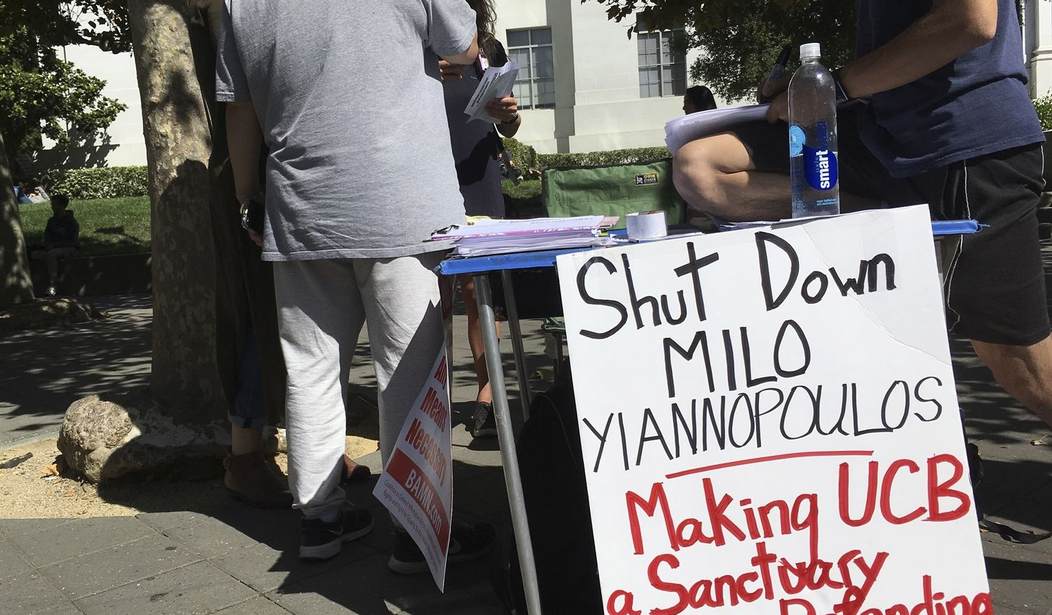A new survey performed by the Knight Foundation has revealed some disappointing attitudes toward free speech by college students.
Seven in ten believe that speech can be as damaging as physical violence. Sixty percent of students agreed with the statement "the climate at my school or on my campus prevents some people from saying things they believe because others might find it offensive." That's higher than the 54% who believed self-censorship was a problem in 2016 but down from 65% in 2021.
"2024 marks a crisis for free speech on college campuses as international conflicts, like the war in Gaza, and domestic strife come to a head, bringing urgent political and personal issues to center stage," the report states. "With campuses cracking down on protests, political leaders casting a questioning eye on the decisions of university administrators, and emerging technology making disinformation easier and faster to produce, the position of higher education as a forum for open discussion has never been more crucial or imperiled."
Of the 70% of students who equate speech with violence, 82% are Democrats and 59% are Republicans. Tellingly, "only 43 percent of these students feel that freedom of speech is very secure or secure today — that’s down from 73 percent of students who felt the same in 2016," reports Campus Reform.
Only about half of students (54 percent) believe colleges should “allow students to be exposed to all types of speech even if they may find it offensive or biased” — that percentage has decreased from 78 percent in 2016.
60 percent of college students strongly or somewhat agree with the statement, “[t]he climate at my school or on my campus prevents some people from saying things they believe, because others might find it offensive.”
Students want to participate in healthy debates, but only 32 percent say their college has programs specifically designed to promote constructive conversations among those who disagree.
"American society continues to be at a crossroads over how to apply First Amendment rights in the 21st century, particularly on college campuses," the report reads. "That is why it is essential that thought leaders, administrators, professors, and the public listen to the voices of college students as they grapple with issues of free speech in America and on campus."
One bright spot is that far fewer students are in favor of speech codes, "safe spaces," and disinviting controversial speakers.In 2017, 49% of students favored speech codes. That percentage has plummeted to just 33% in 2024.
In 2017, 87% of students favored the creation of "safe spaces." Just 13% opposed them. Today, just 64% favor "safe spaces" with 15% opposing them and 20% too terrified to give an opinion.
However, where 72% opposed the idea of disinviting a controversial speaker in 2017, only 42% oppose the idea today.
"Students are increasingly skeptical of social media’s role in productive conversations," says the Knight Foundation Survey.
"Only 1 in 4 students feel the dialogue that occurs on social media is usually civil, down from 40% in 2016. Only half feel comfortable sharing opinions online, with many believing social media stifles free expression due to fear of attacks or shaming."
This generation of college kids cares way too much about what strangers think of them. I suppose that's what social media is all about. But I can't believe what some kids get upset about.










Join the conversation as a VIP Member